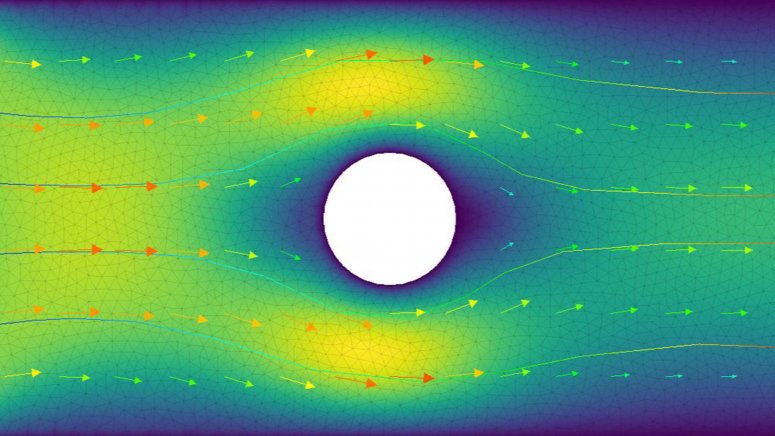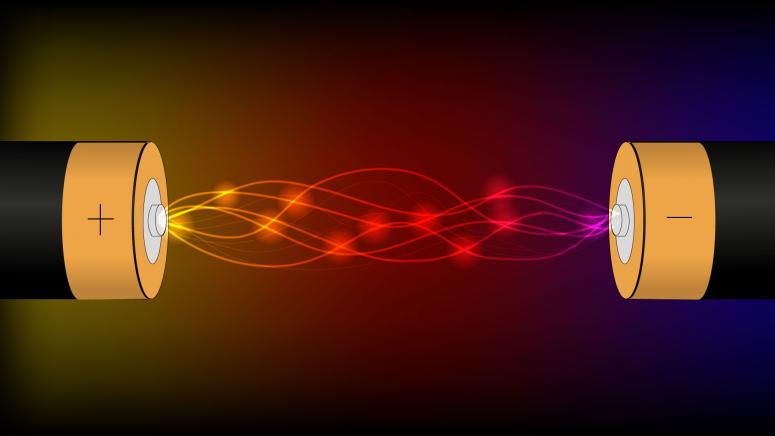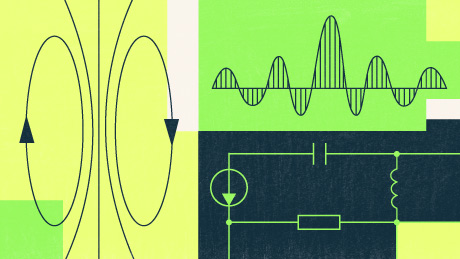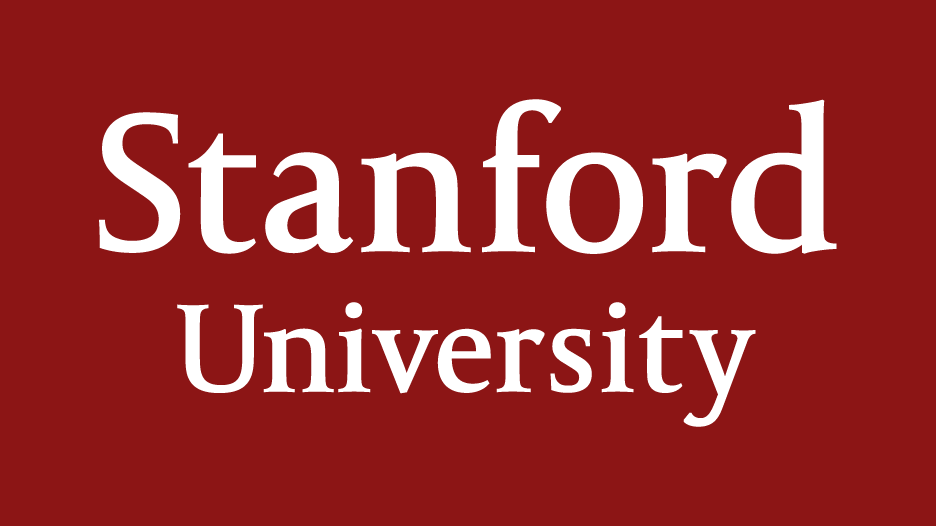Video
- Join a Stanford classroom from your laptop
- Enroll in a flexible program designed for professionals like you
- Earn Graduate credit and a Stanford University transcript




Featured Chemical Engineering Courses

Biochemical Engineering
Combine essential chemical engineering concepts and biological principles to address the needs of the biotech industry.

Biochemistry II
This course will focus on metabolic biochemistry: the study of chemical reactions that provide the cell with the energy and raw materials necessary for life.

Microhydrodynamics
In this course, you will review the basics of fluid dynamics and macro, micro and molecular perspectives.

Molecular Thermodynamics
Learn about classical thermodynamics and quantum mechanics, and the development of statistical thermodynamics to address the collective behavior of molecules.

Electrochemical Energy Conversion
This course covers the fundamentals of electrochemistry, and then builds on that knowledge to cover the applications of electrochemistry in energy conversion.
Graduate or Professional?
Time Commitment
Achievement
Classmate Interactions
Cost
Graduate Certificate
360-480 hours per certificate
Meet new colleagues in each new course to create your Stanford network
$16,224-$27,040 per certificate
Graduate Course
90-120 hours per course
Earn up to 18 units of academic credit that may contribute to a certificate or a degree
Connect with other students taking the same course
$4,056-$6,760 per course

Lorem ipsum dolor
Venenatis laoreet lacus
Lorem ipsum dolor sit amet, consectetur adipiscing elit. Nullam varius mi vitae ornare dapibus. Fusce risus mauris, convallis in turpis id, venenatis laoreet lacus.

Lorem ipsum dolor
Venenatis laoreet lacus
Lorem ipsum dolor sit amet, consectetur adipiscing elit. Nullam varius mi vitae ornare dapibus. Fusce risus mauris, convallis in turpis id, venenatis laoreet lacus.


Lorem ipsum dolor
Venenatis laoreet lacus
Lorem ipsum dolor sit amet, consectetur adipiscing elit. Nullam varius mi vitae ornare dapibus. Fusce risus mauris, convallis in turpis id, venenatis laoreet lacus.

Lorem ipsum dolor
Venenatis laoreet lacus
Lorem ipsum dolor sit amet, consectetur adipiscing elit. Nullam varius mi vitae ornare dapibus. Fusce risus mauris, convallis in turpis id, venenatis laoreet lacus.

Lorem ipsum dolor
Venenatis laoreet lacus
Lorem ipsum dolor sit amet, consectetur adipiscing elit. Nullam varius mi vitae ornare dapibus. Fusce risus mauris, convallis in turpis id, venenatis laoreet lacus.

Electrical Engineering Graduate Certificate
You will learn:
- The fundamental concepts of electrical engineering.
- How to use tools, programs, and simulation techniques to solve engineering challenges and large-scale problems.
- Topics in the study of circuits, software and hardware systems, communications and networking, physical technology and science, and signal processing, control, and optimization.

Electrical Engineering Master's Degree
Master's program features:
- The master’s degree program provides advanced preparation for professional practice or for teaching at the junior college level.
- Ability to follow your own interests and goals by selecting elective courses in areas like circuits, software and hardware systems, communications and networking, signal processing, control, and optimization.
- A flexible format that is fully online and, part-time. Perfect for working professionals looking for further education in electrical engineering.



Faculty

Lorem Ipsum
Quisque quis metus suscipit, molestie elit lobortis, blandit dolor.

Lorem Ipsum
Quisque quis metus suscipit, molestie elit lobortis, blandit dolor.

Lorem Ipsum
Quisque quis metus suscipit, molestie elit lobortis, blandit dolor.

Lorem Ipsum
Quisque quis metus suscipit, molestie elit lobortis, blandit dolor.
FAQ
Take online courses in marketing innovation from Stanford University. Hone your ability to generate and implement new ideas and lead innovative teams and organizations. Taught by world-class Stanford faculty, these courses are engaging, interactive, and full of useful practices and strategies that you can apply immediately:

